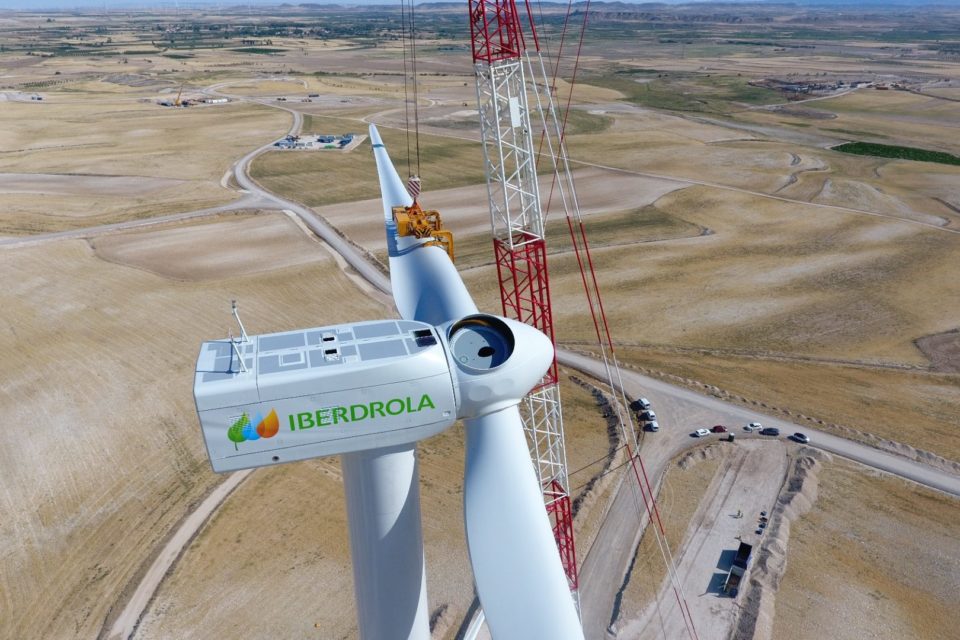During the quarantine, companies have worked constantly to alleviate Covid-19’s effects. Now, renewable energies offer sustainable growth and are better positioned to face the economic impacts of the COVID-19.
In view of the crisis generated by the pandemic, numerous voices are emerging from all areas of society suggesting the use this moment of recovery as an opportunity to drive the transition to a new socio-economic model that is climate-neutral, resilient, sustainable and inclusive.
Somik Das, an energy analyst at GlobalData, comments: “Renewable producers have managed to overcome the COVID-19 pandemic crisis better than producers of fossil fuels such as coal because in most electricity systems network operators are obliged to buy clean energy first. This means that declining energy demand and negative electricity prices have affected fossil fuel-based generation more”.
“In developed markets, the decrease in electricity demand combined with falling gas prices has led to the closure of several coal-fired generation plants. “Due to the lack of demand, companies focused on fossil fuels could not stimulate investments compared to companies focused on clean energy”
Among the companies best situated in this scenario, we find Iberdrola, the world leader in renewable energy. Firmly convinced that any recovery after COVID-19 can only be green, Iberdrola is committed to accelerating its investments in renewable energies, digitalisation and electrical mobility to boost economic and employment recovery.
It thus continues its advance towards energy transition and the decarbonisation and electrification of the economy, a path it began 20 years ago and which, since then, has led it to allocate more than €100 billion to this area, becoming a world leader in renewables.
The chairman of the group, Ignacio Galán, maintains that “to achieve a rapid and sustained economic reactivation it is fundamental to identify the sectors with the greatest potential to act as drivers of recovery,” which must be aligned with European strategic priorities — such as energy transition and digitalisation — and set themselves up as generators of investment and employment.

